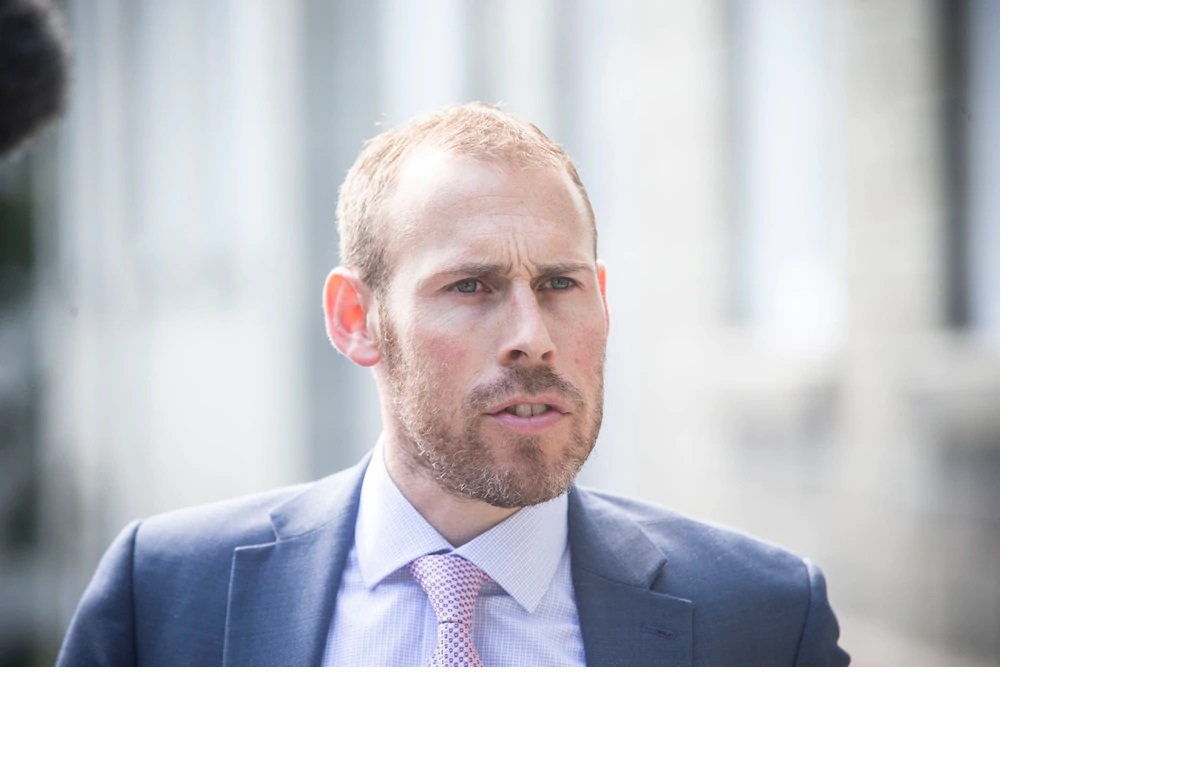Cancer compensation scheme could be delayed
LOCAL people dying of asbestos-related illnesses could become the first casualties of cutbacks as the States grapples with new funding priorities caused by the coronavirus pandemic.
Last year, deputies agreed that a compensation scheme should be set up for people with mesothelioma, which is a type of cancer caused by inhaled asbestos fibres.
It was estimated that there were approximately 10 living islanders with the condition, which is a virtual death sentence because there is no cure and patients are usually given one or two years to live after diagnosis.
Policy & Resources members Deputies Jonathan Le Tocq and Jane Stephens are suggesting that the scheme is put on hold so that it can be considered ‘in context with other funding priorities in the post-Covid era’.
They have placed a motion to delay the policy letter from Employment & Social Security, in order to acknowledge that things have changed.
‘Since the principle of this scheme was agreed in 2019 and the policy letter was prepared in the first quarter of 2020, the States’ financial position has been significantly affected by the impact of the Covid-19 pandemic.
‘Undoubtedly, there will also continue to be an impact on the States’ financial position in future years as the global and local economic climate recovers and income receipts are restored.
‘There will need to be a fundamental examination of all States expenditure and re-shaping of the delivery of public services to ensure that services are prioritised and those delivered are as economic and resilient as possible, with resources focused on priority areas with other services either reduced or ceased.’
The campaign for a local compensation scheme was led by Deputy Matt Fallaize, who had been contacted by several parishioners.
In the States debate he argued successfully that the case for a local scheme was strong because Guernsey had delayed regulating asbestos in the workplace until long after a growing body of evidence from the 1970s and 1980s had shown that the material could be extremely hazardous and cause fatalities.
Following that States decision, ESS went away and drew up proposals for a compensation scheme, based on the ones in Jersey and the UK.
The committee estimated that the initiative would cost the States about £100,000 per year.
Policy & Resources has stated that it supports the principle of the scheme, but believes the timing is wrong.
‘It is of the view that the States should not be approving any additional expenditure commitments until such time as the full impact of the Covid-19 pandemic on the overall financial position is known with the effect on income receipts determined; existing services and proposed developments have been reviewed and prioritised; and how the resulting deficit in States’ finances is to be funded.’
The island’s pandemic recovery strategy is due to be published in July, and P&R has said that the focus will be on the ‘sustainable wellbeing’ of the community underpinned by a ‘vibrant’ economy
Source: Guernsey Press By: Helen Bowditch
Support families fighting financial toxicity of cancer – here.
